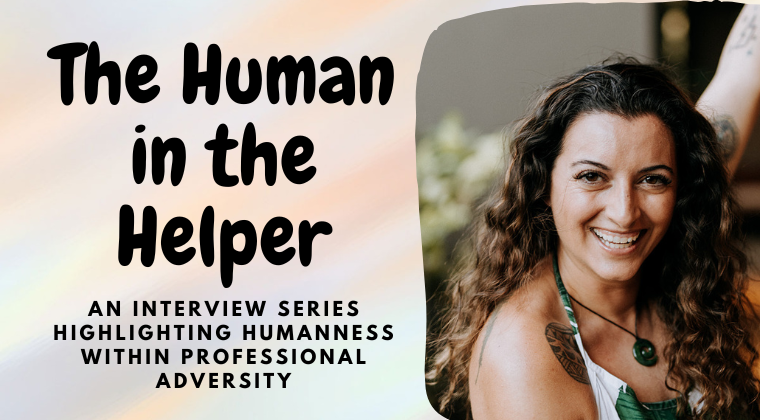“How’s it going?” My close community kept checking in on me as a I prepared to give my keynote at the Colorado Counseling Association Annual Conference in Keystone the next day. “I keep crying at certain parts of my speech,” I shared. I’d already given myself a grief hangover just writing my speech, now I was doing my best to stay composed as I said it out loud. “It’s okay to cry, your message is important,” each of them said. I agreed with them and continued to prepare. When it was time, I stood in front of almost 300 members of my community and introduced them to the term confidential grief. Defined by Dr. Lena Salpietro as losing a client to suicide and not being able to talk about it, I invited the audience to apply confidential grief to all the experiences in our industry that feel secretive due to feelings of shame, guilt, and judgement from others. I named the Big Five Fears of client suicide, client death, client violence, subpoena, and grievance as examples. We got to know our shame monsters together as a group. I had chosen to share my personal and professional journey of becoming a Confidential Grief Specialist.
To help my colleagues understand the impact of confidential grief, I took them through six impactful and painful points in my 14 years as a therapist. These were stories that weren’t public knowledge due to confidential grief, and I named them as moments of self-doubt, shame, and leadership trauma. We grieved the loss of community members to violence and clients to suicide. We shared outrage at circumstances outside our control. And this time, I didn’t cry so hard that I lost my place. Instead I carried that emotion with me as I embodied vulnerability to a group of people I felt I was just starting to know more fully.
As the talk continued, there were invitations to laugh, cry, and connect. I shared how I’d learned from my experiences that introversion is welcome (and necessary sometimes), vulnerability in leadership is allowed, and stories eliminate isolation in our field and as humans seeking connection against burnout. We talked about how to combat confidential grief through building community, showing up fully, and creating healing spaces for ourselves and others. I introduced bread crumbs imagery as bite-sized messages of hope and healing for folks to find when they were ready. Lastly, I shared a beautiful image on screen to start and close the talk. “There are not enough words” became an anchor amidst waves of emotion that come with confidential grief, and I invited my audience to share those words with others.
After my keynote was finished, I was given the gift of my community approaching me in both in the moments after and for hours into the next day to share their stories. You felt safe to share your losses of client suicide, your leadership trauma, and how you needed the term confidential grief to feel more seen. I heard countless exclamations that having a name for your experiences (both confidential grief and leadership trauma) was encouraging you to heal from here. I’m confident in the ripple effect of collective healing that will come from this gathering of clinicians, and find myself full of gratitude and with ‘not enough words’ to express the profound effect this experience will have on me for years to come. Thank you from the bottom of my heart for the collective healing and sharing together at CCA’s annual conference, I can’t wait to hear where your journey takes you from here.
A reflection on my Keynote titled Combatting Confidential Grief, Colorado Counseling Association Annual Conference





